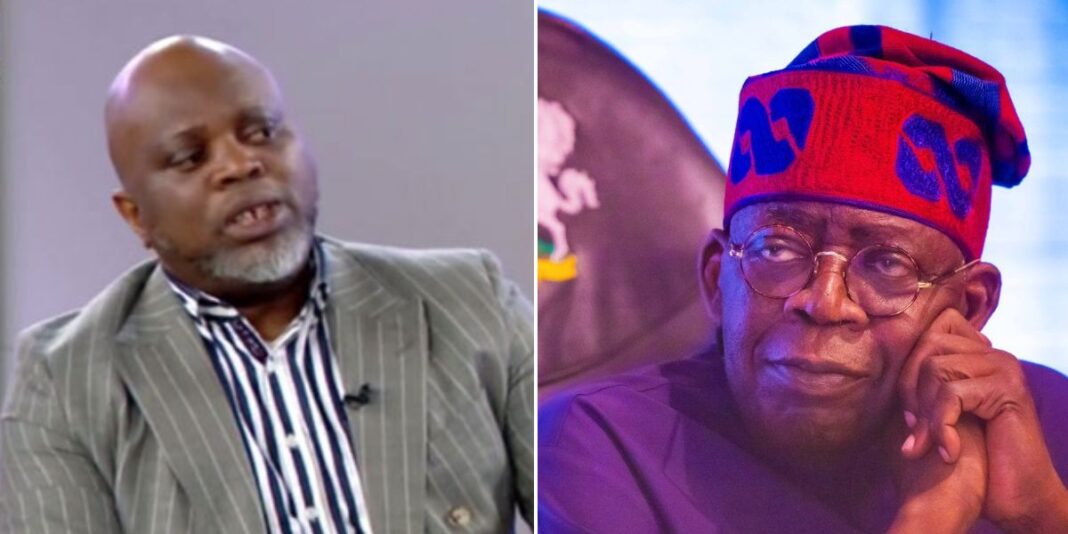Dr. Tope Fasua, Special Adviser to President Bola Ahmed Tinubu on Economic Affairs, has defended the purchasing power of the naira within Nigeria, despite its sharp depreciation against the dollar. Speaking on a recent episode of the Mic On Podcast, Fasua insisted that even at over ₦1,500 to $1, the local currency still holds meaningful value for Nigerians.
“$1 is ₦1,500. Earning a dollar a day is a lot for many Nigerians,” Fasua claimed, suggesting that concerns over Nigeria’s economic crisis may be overstated. He emphasized the importance of viewing the issue through the lens of purchasing power parity.


“In the U.S., $10 won’t buy you lunch — you’d need at least $20, which is about ₦30,000. But in Nigeria, $5 — around ₦7,500 — can go a long way,” he said. “If you’re not eating at fancy places, there’s a lot you can do with that amount. In areas like Gwarinpa or Port Harcourt, you can get boli (roasted plantain) and fish for about ₦1,500.”
Fasua further argued that poverty exists globally and should not be viewed as unique to Nigeria. “There’s no country where people don’t suffer. Every economy has its challenges,” he said.
He also pointed to Nigeria’s social structure as a buffer against hardship. “In Nigeria, you can lean on your social capital — stay with family, share food, even live rent-free for a while. Abroad, if you miss rent or lose your job, you’re out on the streets,” he explained.


Fasua criticized the use of international poverty benchmarks, such as the $2 per day standard, to assess Nigeria’s situation. “In many Nigerian villages, you don’t need even $1 to survive. If you have a farm and access to food, you’re okay,” he said.

His comments come at a time when Nigerians are grappling with surging food prices, record-high inflation, rising unemployment, and a weakening naira. While Fasua’s remarks aim to present a more optimistic view of the local economy, they have sparked debate among citizens who feel the everyday realities of economic hardship paint a different picture.




